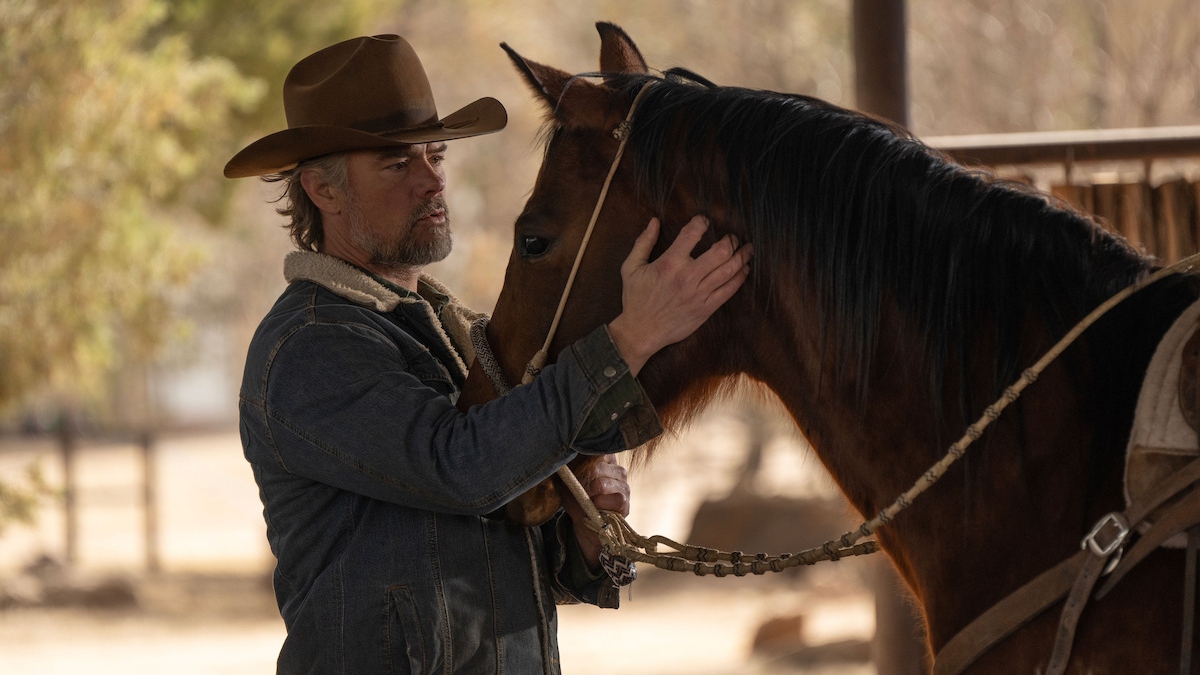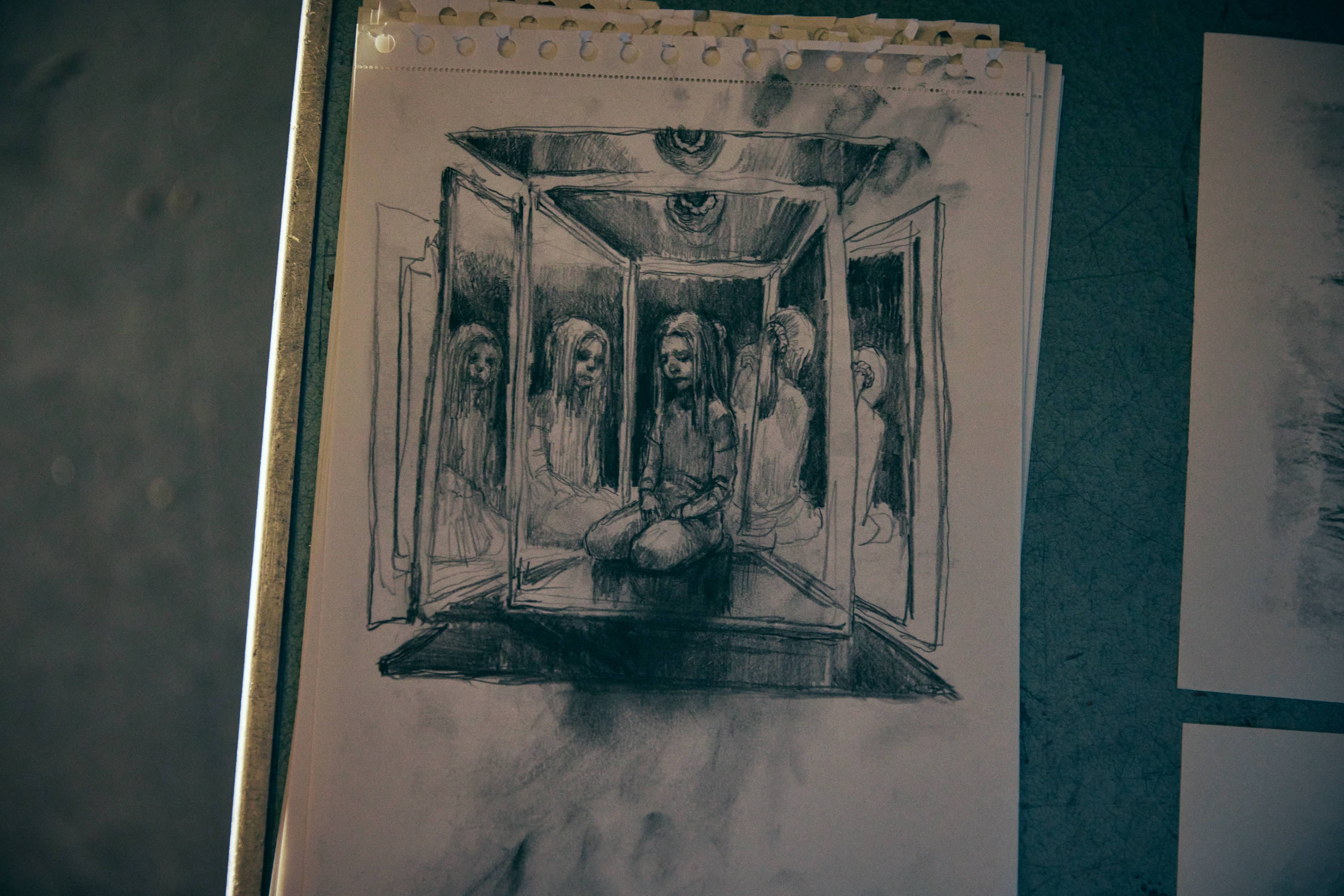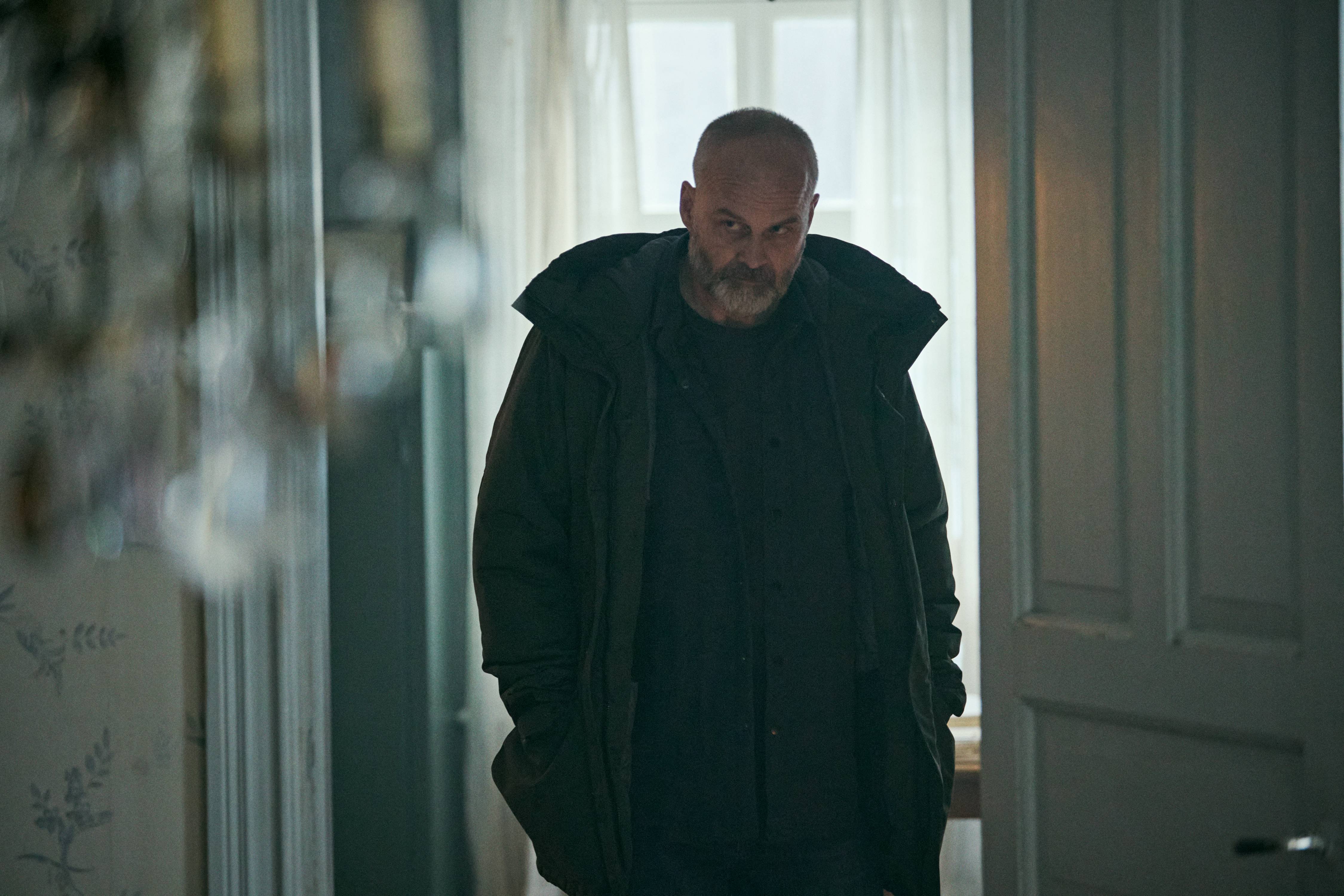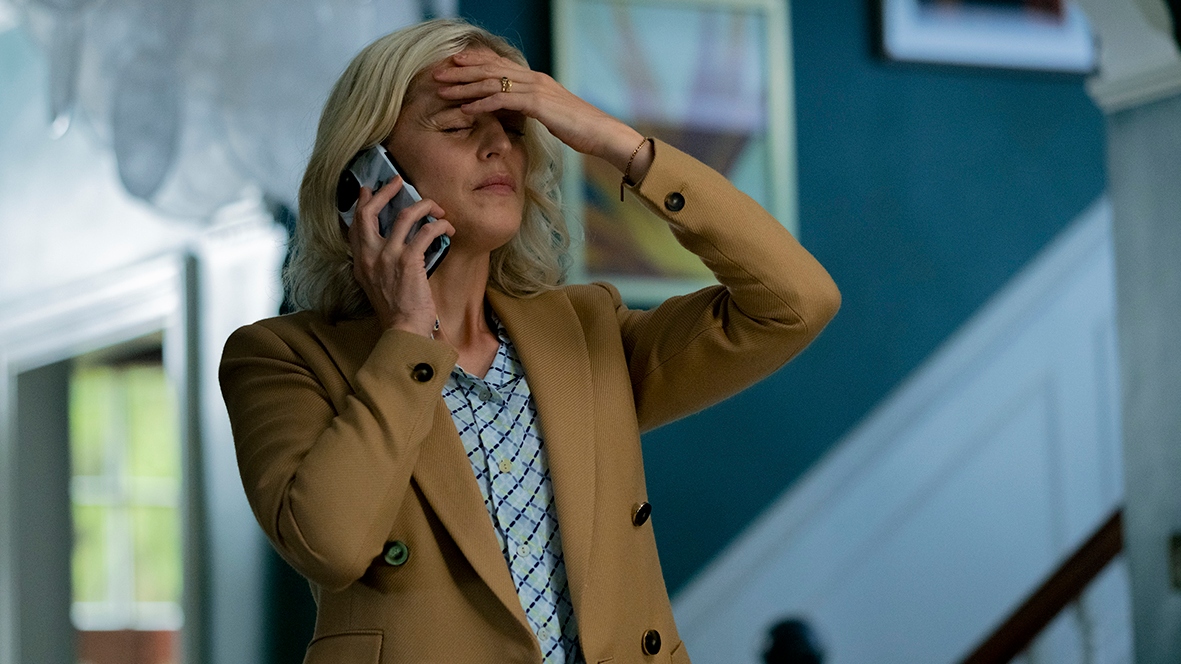Fact vs Fiction: The Great season 2 episode 8, Five Days
The dangers of childbirth are very real in The Great season 2 episode "Five Days."
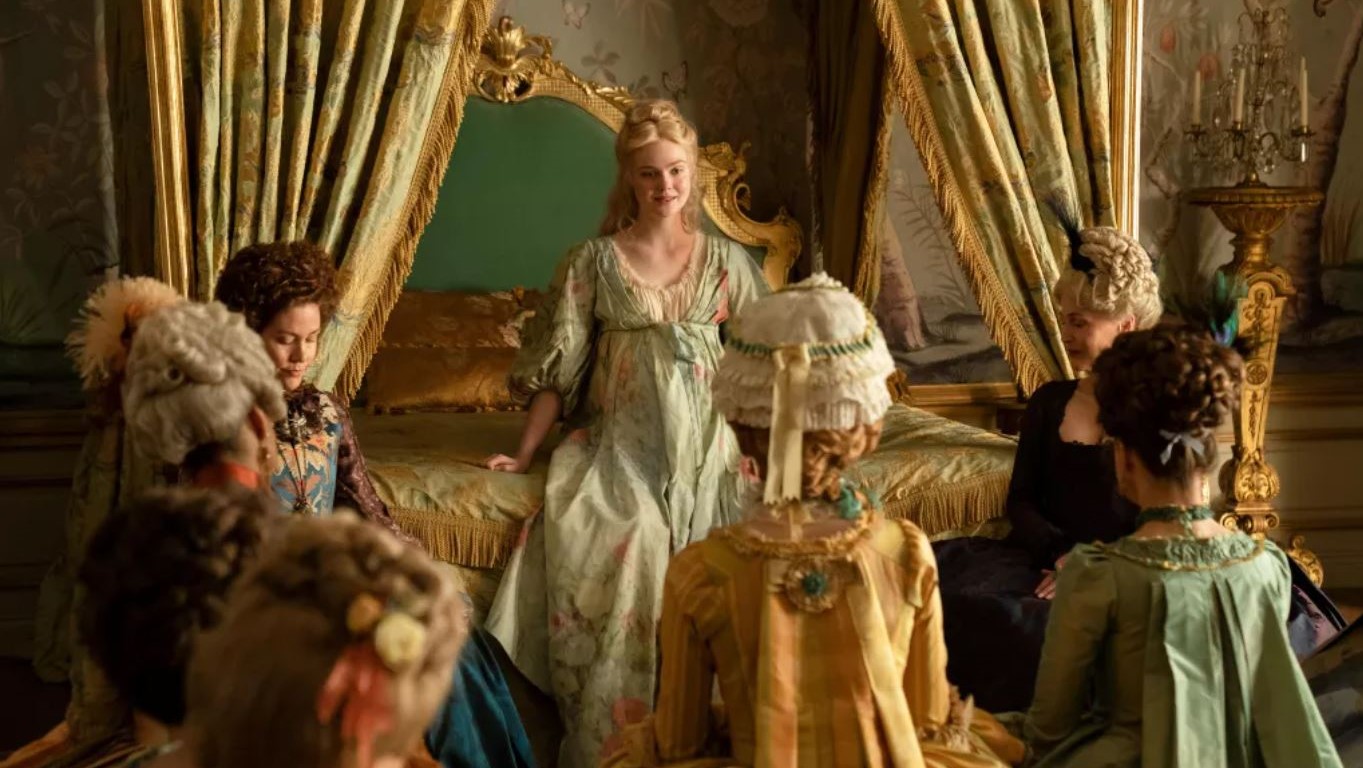
This post contains spoilers for The Great season 2 episode 8, "Five Days" from the very beginning.
The impending arrival of baby Paul is the undercurrent running through The Great season 2, which is working in tandem with Catherine’s (Elle Fanning) efforts to bring meaningful change to Russia. Plans have hit multiple stumbling blocks and now the empress must take to her bed in the final days of her pregnancy — much to her chagrin. Of course, in reality, Paul was born before the coup depicted in the TV series.
One person causing issues is Catherine’s mother, Joanna (Gillian Anderson). The pair have a blazing argument about her role as the czarina as Joanna wants her daughter to give up the crown so she can marry off her last daughter to the King of France. As previously mentioned, this is an entirely fabricated storyline as Catherine is Joanna's only daughter to make it to adulthood.
Catherine’s life is in danger from several contenders, including the labor she is about to endure. The Ottomans have also finally responded to the brutal beheading of their ambassador and not all gifts are friendly peace offerings.
The big twist of the episode sees Joanna falling to her death midway through hooking up with Peter (Nicholas Hoult), another invention of The Great — and an important lesson to check a window won’t fly open if you are leaning against it. The real Johanna never got to see her daughter take the crown but this series plays fast and loose with family death dates and even skips generations. It is why the “occasionally" true story disclaimer should be remembered at all times.
We separate fact from fiction in the second season of The Great. This episode-by-episode guide continues with how “Five Days” prepares Catherine (and viewers) for the birth of Paul, and how accurate these rituals are. Plus, can you poison someone with a candle?
How dangerous was childbirth?
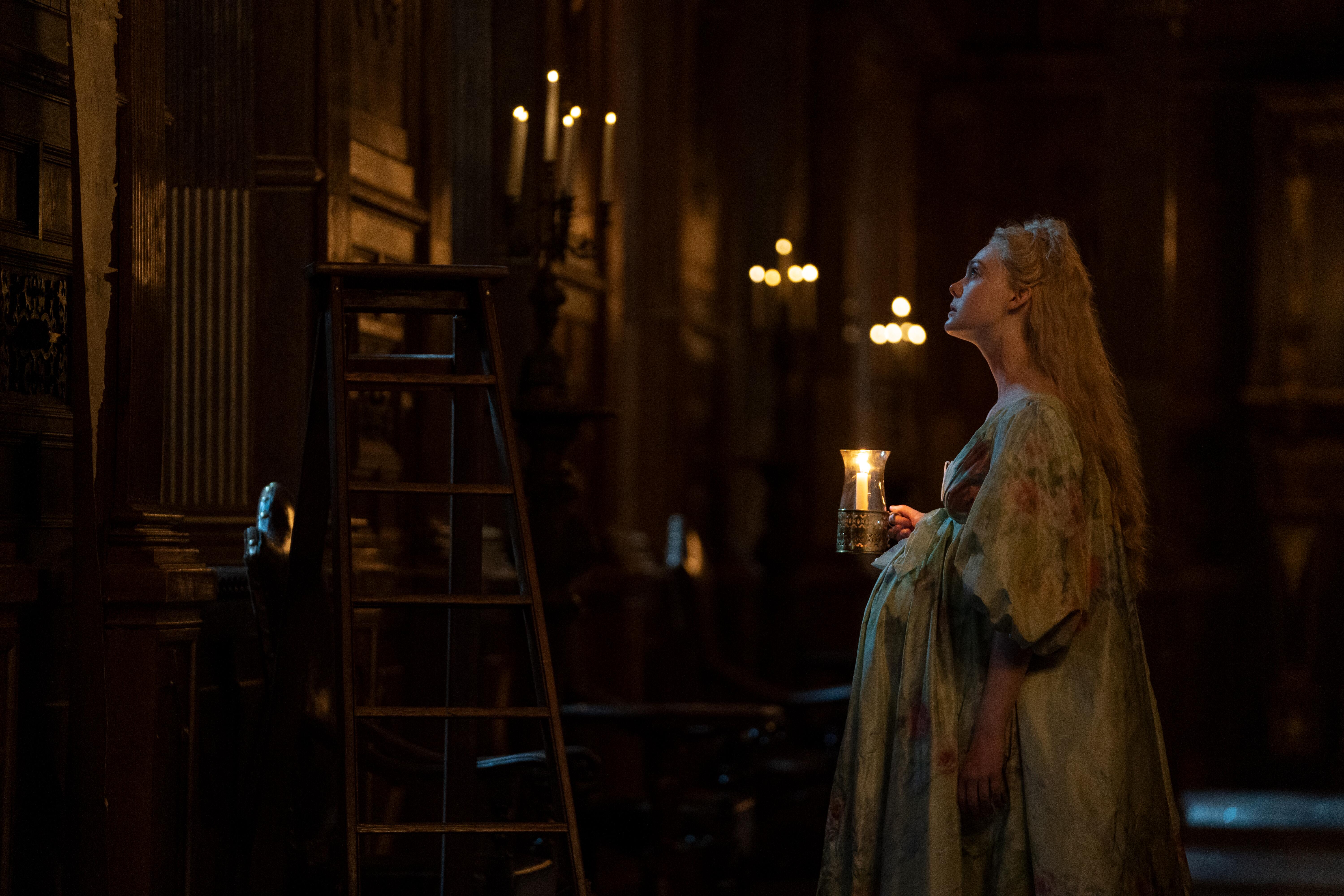
The countdown to the baby’s arrival is on when Elizabeth (Belinda Bromilow) uses the frog method — it died on Catherine’s stomach — to determine when she will give birth. The court takes this opportunity to make some money, with different bets including the gender, whether the baby will be part horse and if Catherine will die in childbirth. The Great often leans into the historically macabre and this occasion is no different. The odds are 2/1 that Catherine won’t survive. Even in 2021, maternal mortality rate is an ongoing concern, so what was it like in the 18th century?
Get the What to Watch Newsletter
The latest updates, reviews and unmissable series to watch and more!
In the 1760s, science and medicine were improving but even a gilded palace didn’t offer unlimited protection for mothers during childbirth, not to mention their methods were rather rudimentary. It wasn’t until the 19th century that a steady decline in maternal mortality could be seen. The infant mortality rate was also high and figures from France in the 18th century show that one in three babies died before the age of 1; by 1850 it was one in six — proving the leap in medicine.
Mother and child surviving isn’t a guarantee, and even less so before modern medicine reduced the risk. Infection was a big killer. Later during her reign, Catherine played a significant role in advocating smallpox inoculations (a precursor to vaccinations and something seen in The Great season 1) and she was acutely aware of how science could protect a nation.
Is the “digging of the graves” ceremony a real custom?
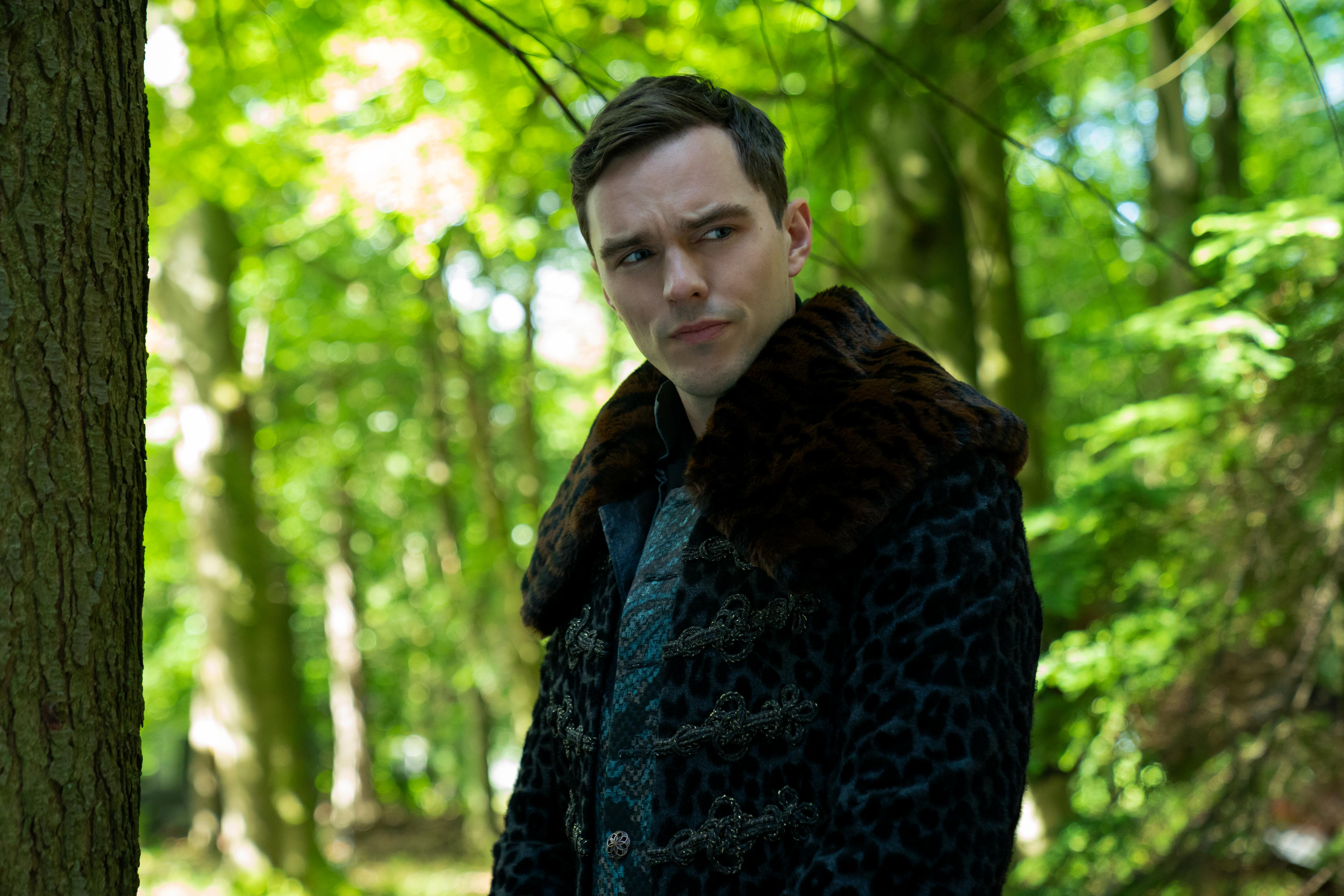
Peter’s previous declaration about Russians loving baby showers turned out to be incorrect, but what about a bleak ritual to prepare a father for the potential deaths he is about to witness? Well, there is nothing to suggest that digging a grave for your spouse and child while the other men in your community sing an appropriately dreary song is an act that took place. In fact, superstition in Russia meant that the arrival of a child was kept secret (another reason why the baby shower celebration is a fantasy).
This morbid ceremony does give Peter the chance to chat with his deceased dad Peter the Great (Jason Isaacs), which is another opportunity to mention that he was actually his grandfather — another parental historical difference. During this moment, Peter the Great remarks that the latter part of his name relates to his leadership skills and not his fathering ones. Even men can’t do it all.
Can you assassinate someone with a candle?
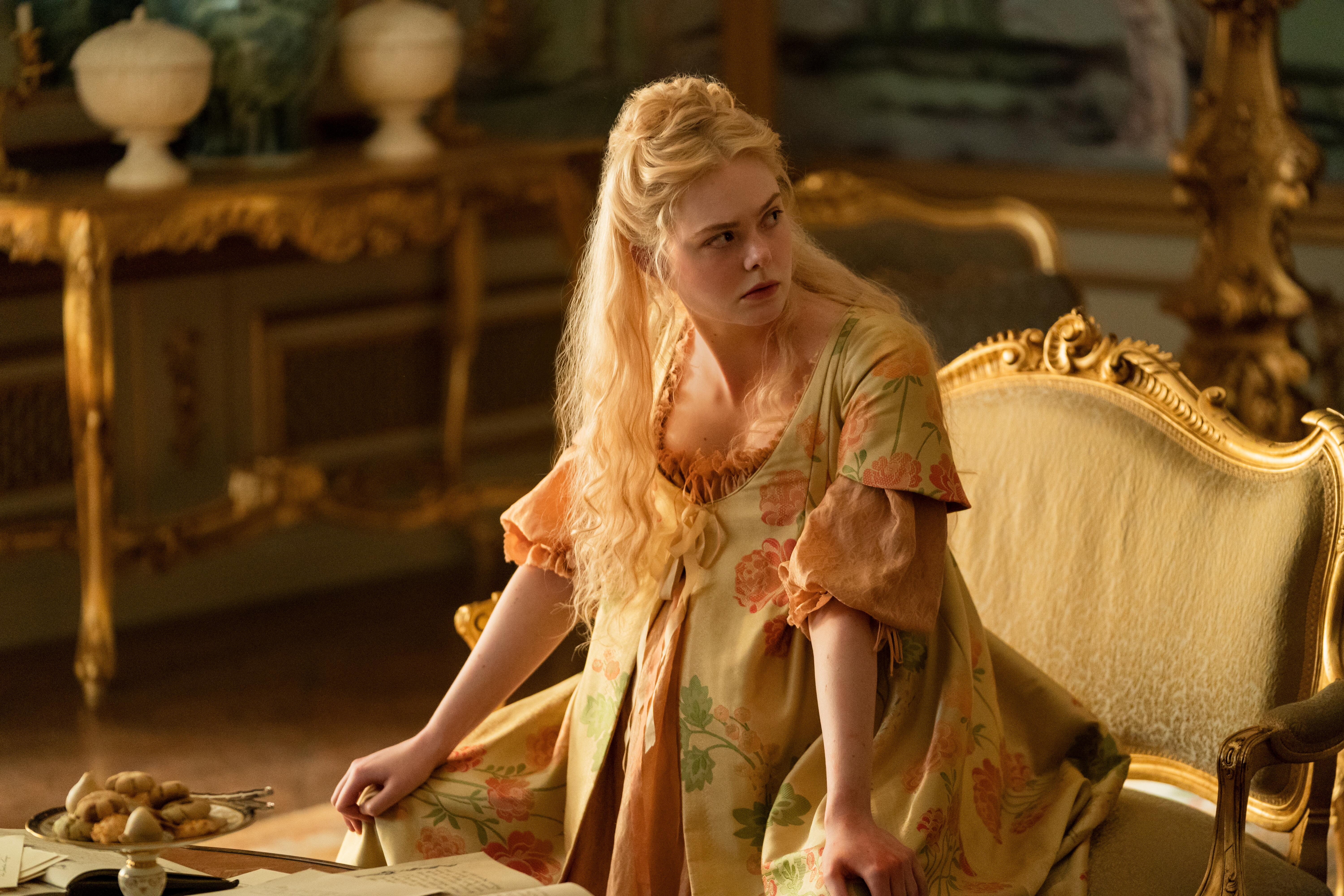
Poison is still a contemporary weapon of choice when dispatching an enemy and Russian dissidents have long been on the receiving end whether from an umbrella tip in 1978 or in a letter. There is no evidence that a deadly candle was ever sent to Catherine, but soaking a candle wick in arsenic is rumored to have killed Pope Clement VI in 1534 but this has never been proven.
The red candle embellished with precious jewels gifted to Catherine by the Ottomans looks ominous and like something straight out of an Edgar Allan Poe story (or maybe from Etsy); the famous Gothic horror writer did use a candle as a murder weapon in the short story, The Imp of the Perverse. It is a silent but deadly killer in that tale and in The Great — Catherine only survives because she slept elsewhere while it was burning.
The Great season 2 is available to stream (in its entirety) on Hulu in the US. In the UK episodes air weekly on Channel 4 in the UK.
More The Great Fact vs Fiction
- The Great season 2 episode 1 Fact vs Fiction: Head's It's Me
- The Great season 2 episode 2 Fact vs Fiction: Dickhead
- The Great season 2 episode 3 Fact vs Fiction: Alone At Last
- The Great season 2 episode 4 Fact vs Fiction: The Devil’s Lunch
- The Great season 2 episode 5: Fact vs. Fiction Animal Instincts
- The Great season 2 episode 6: Fact vs. Fiction, A Simple Jape
- The Great season 2 episode 7: Fact vs. Fiction, Stapler
- The Great season 2 episode 9: Fact vs. Fiction, Walnut Season
- The Great season 2 episode 10: Fact vs. Fiction, Wedding
Emma Fraser spends most of her time writing about TV, fashion, and costume design; Dana Scully is the reason she loves a pantsuit. Words can also be found at Vulture, Elle, Primetimer, Collider, Little White Lies, Observer, and Girls on Tops. Emma has a Master’s in Film and Television, started a (defunct) blog that mainly focused on Mad Men in 2010, and has been getting paid to write about TV since 2015. It goes back way further as she got her big start making observations in her diary about My So-Called Life’s Angela Chase (and her style) at 14.



